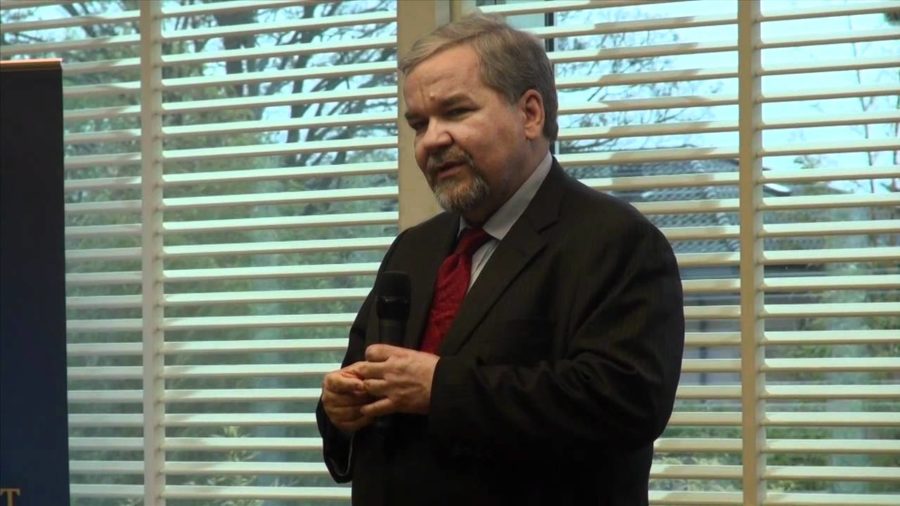It’s a tremendous honor to be here in and to be with such a high caliber of fellow inductees. It’s a tremendous honor. PGP started out as a human rights project. At the time, there was no way for ordinary people, as opposed to governments or sufficiently resourced institutions—there was no way for ordinary people to communicate securely over long distances without the risk of interception. And so PGP was to change that. And its first purpose was for human rights groups around the world and domestic grassroots political organizations in the US. Although during the criminal investigation I had to only talk about the purpose being for grassroots political organizations within the United States and not really admit that it was really for human rights organizations around the world. But the statute of limitations have expired, so I can say that now.
The original threat model for PGP thus was major governments. Other encryption software that existed at the time was designed primarily to protect businesses from their business rivals. And their business rivals had no significant cryptanalytic capabilities. But for PGP, the presumed opponent was the major governments. And it was sort of at the end of the Cold War that PGP was designed. And so as the Cold War ended and globalization took over in the business world, as businesses began to expand into this sort of global economy and operate in countries with cheap labor markets and bad human rights records and a history of wiretapping, the threat model for businesses began to more closely resemble the original threat model that PGP was designed for.
And so PGP kind of evolved into a business tool. And eventually it evolved so much into a business tool that it kind of lost touch with its original purpose of individual encryption. And today it’s now in the hands of its fifth owner, who I think that they now call it Symantec Encryption. I’m not even sure they call it PGP anymore. So it’s kind of… It’s had twenty-one years.
But you know, another thing that I have been working on this past seven years or so is secure telephony, VOIP encryption. And in fact I really wanted to do that earlier than email encryption, but the infrastructure wasn’t there for it. So now it is, and so that’s what I’ve been spending the last few years doing. And now I spend all my time on secure VOIP, and I’m hoping to do other other protocols that are designed for individual privacy. Anyway, thank you so much for this honor and, that’s it. Thank you.
